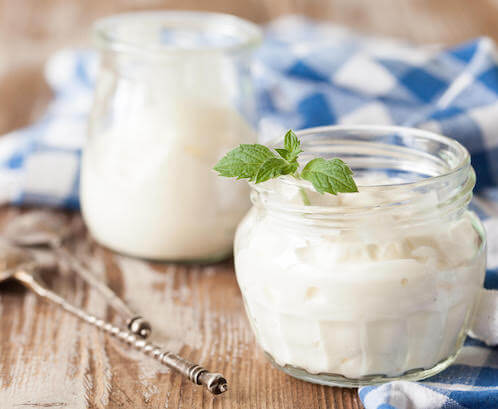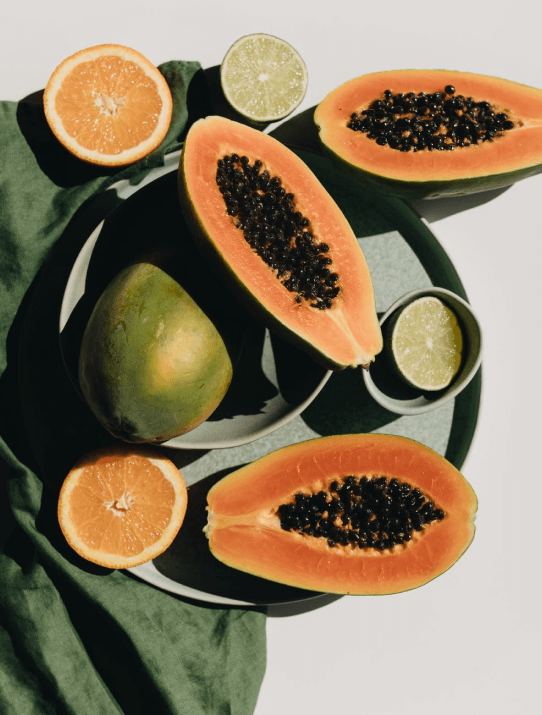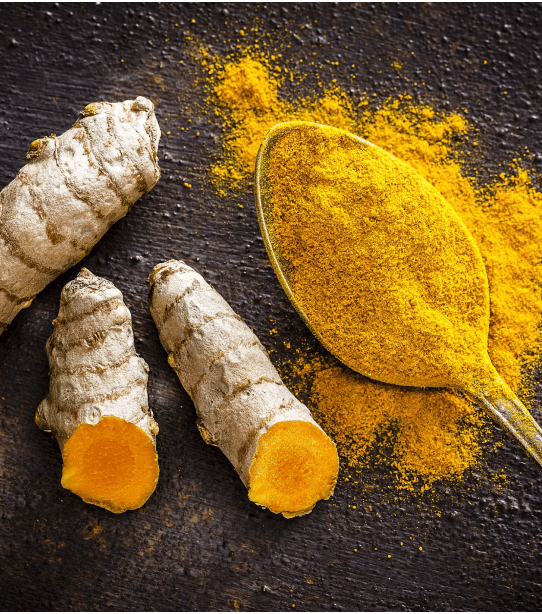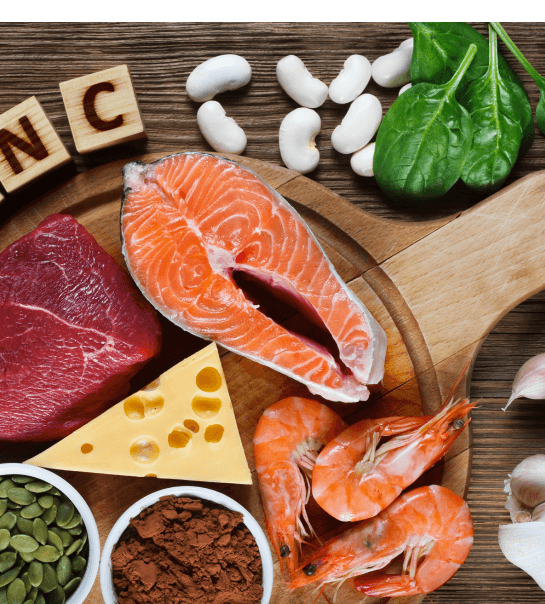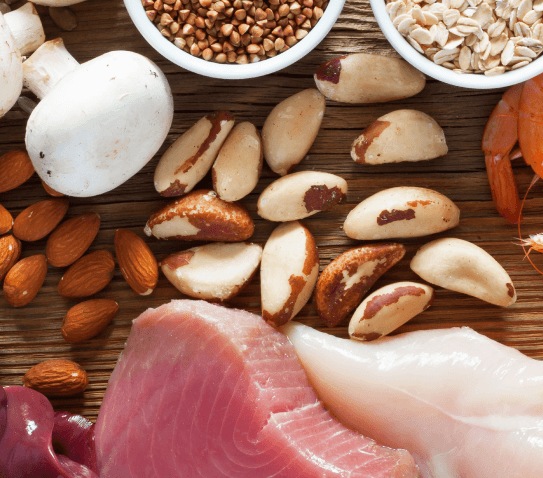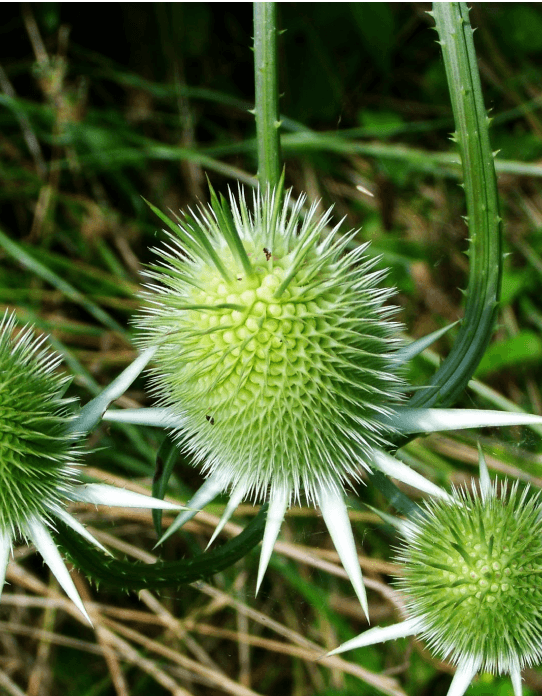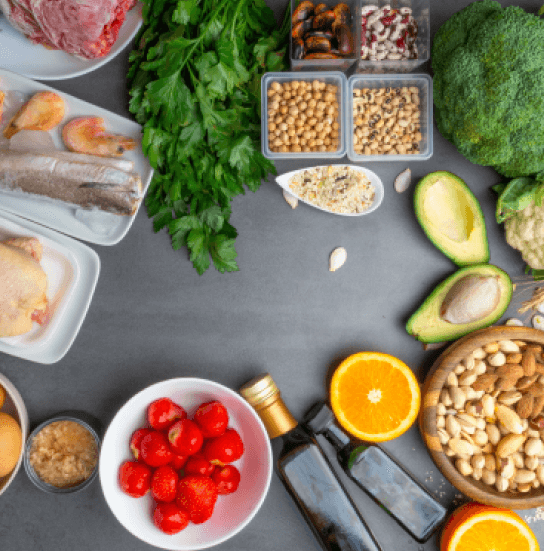Why are Supplements
Worth Thinking About?
Before considering dietary supplementation of any sort, consult with your healthcare provider. Blood work is often the first step in determining your body’s own deficiencies. Together with your physician, you will be able to determine the best course of action. It is a very individual process.
After you receive your cancer diagnosis, it’s likely that you’ll be hearing a lot about dietary supplements, and it’s normal to have questions. For instance, what exactly are supplements? Or, how will I know which ones I should consider taking?
When faced with a serious cancer treatment, supplements can be a great help. The can boost your immune system, fill gaps, and help prevent further disease. Although there are many beneficial vitamins and minerals to consider, we’ve put together a short list you may want to research further. Remember: Supplements exist merely to complement a healthy and nutritious diet, not to replace it.

